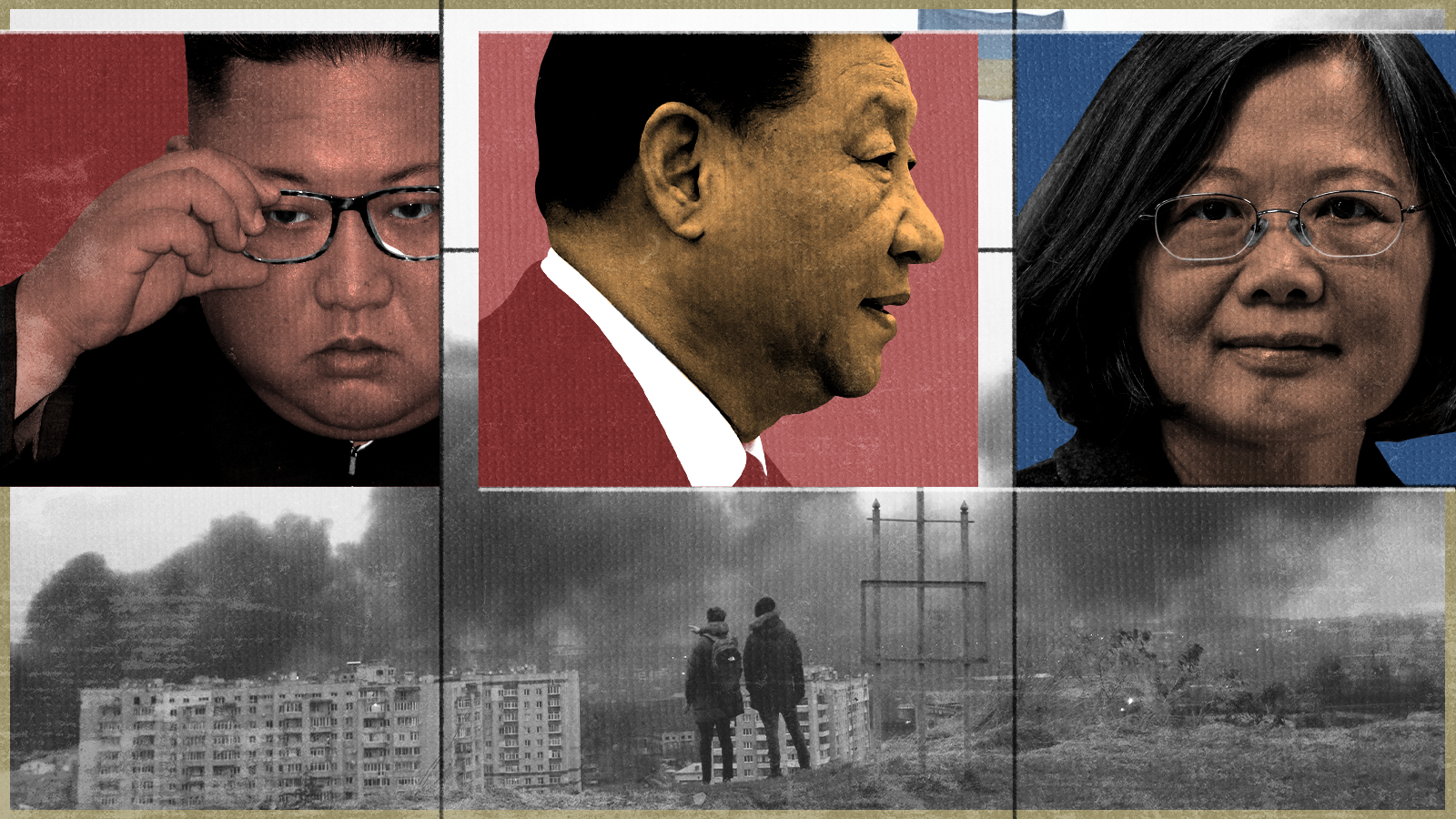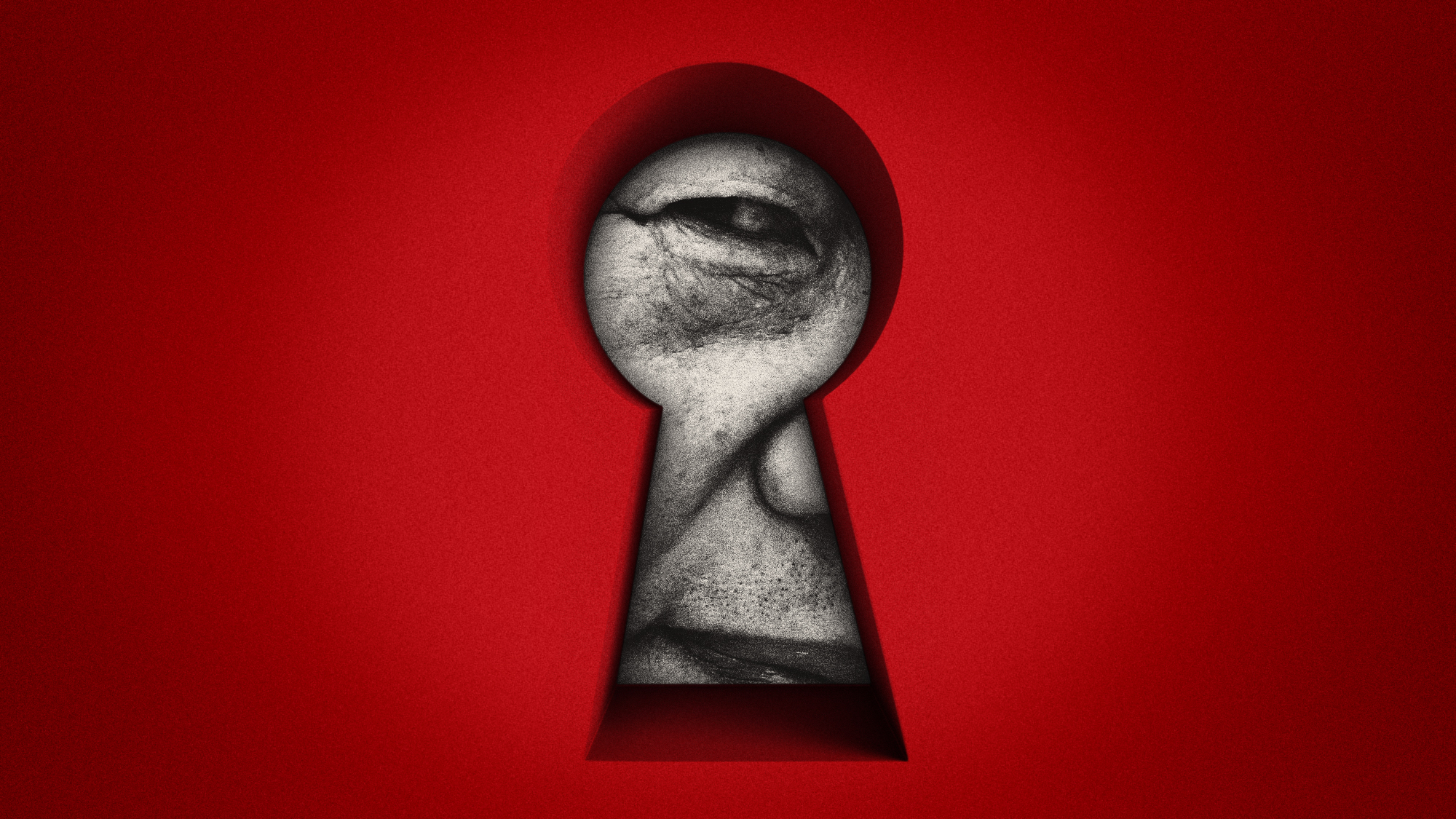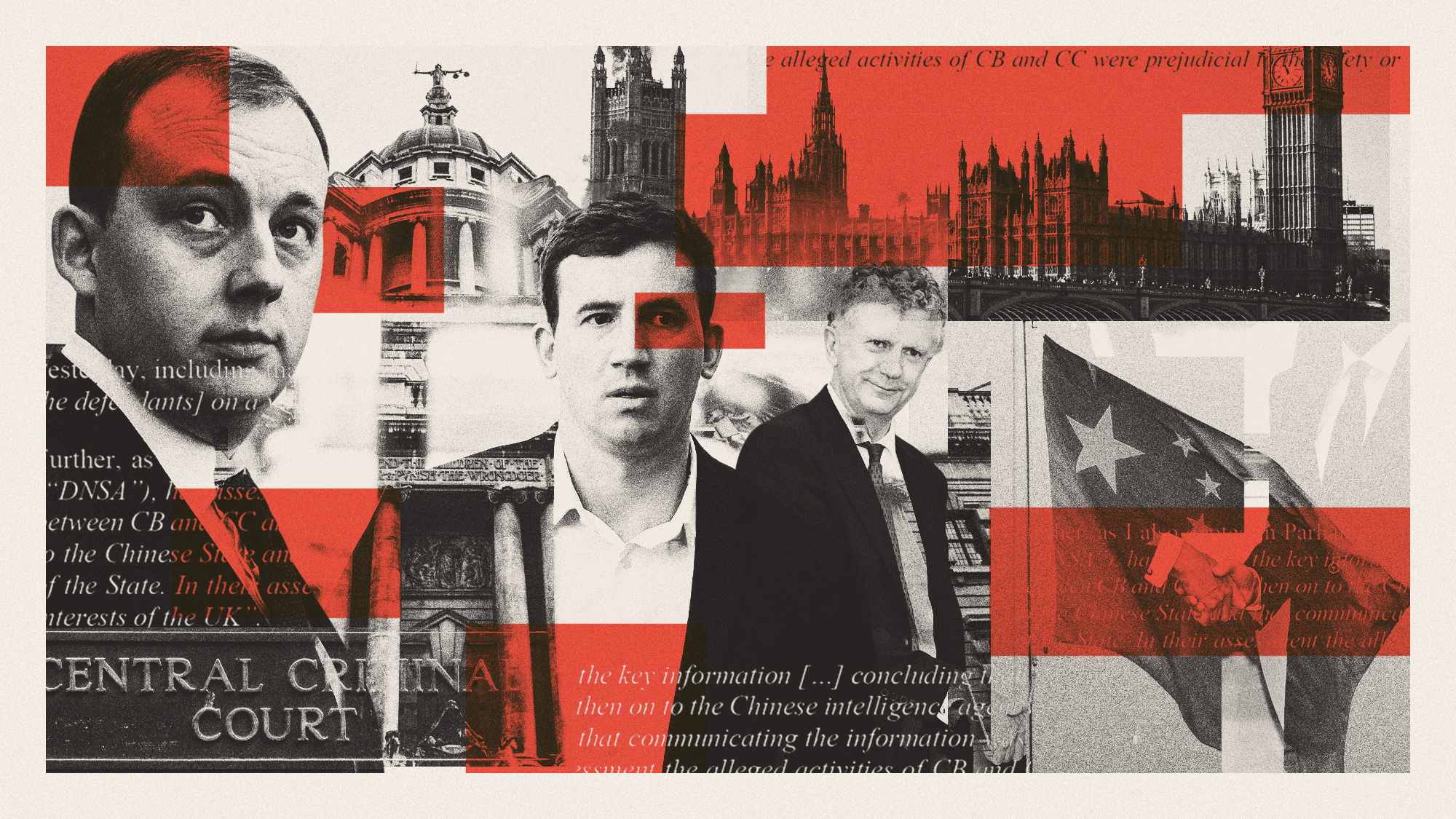How Russia's Ukraine invasion is changing world calculations
Many nations are reconsidering their alliances and defenses


A free daily email with the biggest news stories of the day – and the best features from TheWeek.com
You are now subscribed
Your newsletter sign-up was successful
Russia's unprovoked invasion of neighboring Ukraine on Feb. 24 shattered decades of relative peace in Europe, but it also scrambled the geopolitical calculus for countries all over the world.
Here are some of the more dramatic changes in attitude, official or de facto, prompted by Moscow's war in Europe.
Finland: NATO-curious
Finland is expected to decide this week whether it will apply for membership in NATO, a pivot with little public or political support before Russia's Ukraine invasion. And it is "highly likely" Finland will say yes, the country's European affairs minister, Tytti Tuppurainen, told CNN on Monday, calling the decision "a very natural response" to Russia's bellicosity.
The Week
Escape your echo chamber. Get the facts behind the news, plus analysis from multiple perspectives.

Sign up for The Week's Free Newsletters
From our morning news briefing to a weekly Good News Newsletter, get the best of The Week delivered directly to your inbox.
From our morning news briefing to a weekly Good News Newsletter, get the best of The Week delivered directly to your inbox.
"We would, of course, prefer to have a neighborhood that would have been founded on friendship and cooperation," but "it is Russia that has invaded in Ukraine. Now, people see this new reality and the time has come to join NATO," Tuppurainen added, and it would be "in the best interest of Russia to behave like an adult in this situation."
Sweden: As goes Finland....
If Finland decides to join NATO, Sweden is expected to apply at the same time. "That would be a historic development for the two Nordic countries," The Associated Press reports: "Sweden has avoided military alliances for more than 200 years, while Finland adopted neutrality after being defeated by the Soviet Union in World War II." Polls swung to majority approval for joining NATO after the invasion of Ukraine.
Taiwan: The next Ukraine?
Mainland China has claimed ownership of the island of Taiwan since 1951, when the Nationalists were defeated by the Communists in a long civil war. After they lost, the Nationalist leadership fled to the island, setting it up as an independent country. Beijing has become increasingly strident about its One China policy — which would bring Taiwan back under Beijing's control — as it has evolved into a major military power. Now, "many Taiwanese are looking at Ukraine's current reality as something that could befall their homeland," Chris Horton reports at The Atlantic.
Taiwanese citizens are deciding whether they would flee a Chinese invasion or stay and fight. Lawmakers and former military officials have proposed forming a territorial defense force and expanding military conscription to a year of service, from four months, and including women in the draft for the first time. President Tsai Ing-wen, looking a Ukraine's military successes against the larger Russian army, "is trying to orient the country's military toward asymmetric warfare and has moved to buy a large number of mobile, lethal weapons that are difficult to target and counter," The New York Times reports.
A free daily email with the biggest news stories of the day – and the best features from TheWeek.com
China: Second thoughts?
Beijing, which announced a "no limits" strategic partnership with Russia a few weeks before Russia's Ukraine invasion, is trying to avoid getting dragged too far into the global fight over the war. President Xi Jinping is concerned about being tied too closely to the "brutishness" of Putin's military action, CIA Director William Burns said over the weekend. "I think what the bitter experience, in many ways, of Putin's Russia in Ukraine over the last 10 or 11 weeks has done is demonstrate that that friendship actually does have some limits."
At the same time, Chinese leadership is now "looking very carefully" at "the costs and consequences of any effort to use force to gain control over Taiwan," Burns said. "I don't for a minute think that this has eroded Xi's determination over time to gain control over Taiwan," he added. "But I think it's something that's affecting their calculation about how and when they go about doing that."
North Korea: Nukes equal security
South Korea's new president, Yoon Suk-yeol, said in his inaugural address Tuesday that "if North Korea genuinely embarks on a process to complete denuclearization, we are prepared to work with the international community to present an audacious plan that will vastly strengthen North Korea's economy and improve the quality of life for its people."
North Korean leader Kim Jong Un, on the other hand, vowed last month to expand his nuclear arsenal "at the fastest possible pace" and threatened to strike South Korea preemptively if North Korea's national security was threatened. Pyongyang has conducted 14 rounds of missile tests this year, including a suspected ICBM with range enough to strike the U.S.
Ukraine gave up its nuclear weapons in the early 1990s, under a protection agreement Russia is now violating, and the main lesson Kim has taken from Russia's invasion is "never, ever surrender your nuclear weapons," Prof. Andrei Lankov of Seoul's Kookmin University tells CNN. After Ukraine's experience, Kim will become "even more obsessed with his nuclear weapons and missile capabilities," agreed Lee Sang-hyun at the Sejong Institute.
Peter has worked as a news and culture writer and editor at The Week since the site's launch in 2008. He covers politics, world affairs, religion and cultural currents. His journalism career began as a copy editor at a financial newswire and has included editorial positions at The New York Times Magazine, Facts on File, and Oregon State University.
-
 Political cartoons for February 16
Political cartoons for February 16Cartoons Monday’s political cartoons include President's Day, a valentine from the Epstein files, and more
-
 Regent Hong Kong: a tranquil haven with a prime waterfront spot
Regent Hong Kong: a tranquil haven with a prime waterfront spotThe Week Recommends The trendy hotel recently underwent an extensive two-year revamp
-
 The problem with diagnosing profound autism
The problem with diagnosing profound autismThe Explainer Experts are reconsidering the idea of autism as a spectrum, which could impact diagnoses and policy making for the condition
-
 What is ‘Arctic Sentry’ and will it deter Russia and China?
What is ‘Arctic Sentry’ and will it deter Russia and China?Today’s Big Question Nato considers joint operation and intelligence sharing in Arctic region, in face of Trump’s threats to seize Greenland for ‘protection’
-
 Is the Chinese embassy a national security risk?
Is the Chinese embassy a national security risk?Today’s Big Question Keir Starmer set to approve London super-complex, despite objections from MPs and security experts
-
 Did Trump just end the US-Europe alliance?
Did Trump just end the US-Europe alliance?Today's Big Question New US national security policy drops ‘grenade’ on Europe and should serve as ‘the mother of all wake-up calls’
-
 Taiwan eyes Iron Dome-like defence against China
Taiwan eyes Iron Dome-like defence against ChinaUnder the Radar President announces historic increase in defence spending as Chinese aggression towards autonomous island escalates
-
 Why did the China spying case collapse?
Why did the China spying case collapse?Today’s Big Question Unwillingness to call China an ‘enemy’ apparently scuppered espionage trial
-
 What will bring Vladimir Putin to the negotiating table?
What will bring Vladimir Putin to the negotiating table?Today’s Big Question With diplomatic efforts stalling, the US and EU turn again to sanctions as Russian drone strikes on Poland risk dramatically escalating conflict
-
 The mission to demine Ukraine
The mission to demine UkraineThe Explainer An estimated quarter of the nation – an area the size of England – is contaminated with landmines and unexploded shells from the war
-
 How will the MoD's new cyber command unit work?
How will the MoD's new cyber command unit work?Today's Big Question Defence secretary outlines plans to combat 'intensifying' threat of cyberattacks from hostile states such as Russia
